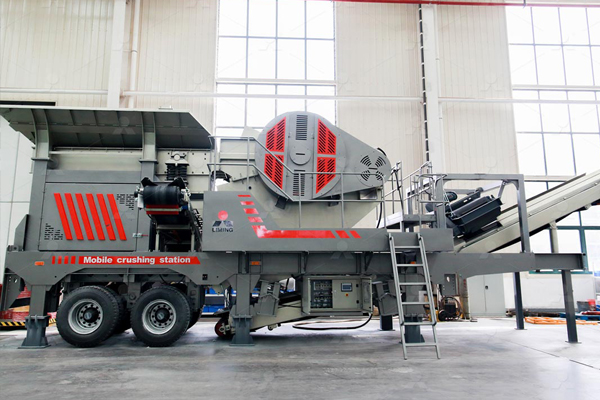Choosing the right mobile crusher for your needs involves several key considerations to ensure efficiency, cost-effectiveness, and the ability to meet your specific project requirements. Here’s a comprehensive guide to help you make an informed decision:

1. Understand Your Needs
Material Type: Identify the type of material you will be crushing. Different crushers are designed to handle various materials like granite, limestone, concrete, or asphalt. Understanding the material’s hardness, abrasiveness, and moisture content is crucial.
Output Requirements: Determine the desired output size and capacity. Mobile crushers come in different sizes and capacities, ranging from small units that handle a few tons per hour to larger models that can process hundreds of tons per hour. Ensure the crusher can produce the required product size and volume.
Application: Consider the primary application of the crusher. Whether it’s recycling construction debris, mining, or producing aggregates, the application will influence the type of crusher best suited for the job.
2. Types of Mobile Crushers
Jaw Crushers: Ideal for primary crushing of large, hard, and abrasive materials. They work by compressing material between a fixed jaw and a moving jaw.
Cone Crushers: Best for secondary and tertiary crushing of hard, abrasive materials. They crush by squeezing the material between an eccentrically gyrating spindle and a concave hopper.
Screeners: Some mobile crushers come with screening units to separate different sizes of material. This feature can be beneficial if you need different product sizes from a single machine.
3. Technical Specifications
Mobility and Flexibility: Consider how easy it is to move and set up the crusher on different sites. Track-mounted crushers offer superior mobility and can be quickly transported, while wheeled units might be more suitable for longer-term projects.
Feed Size: Ensure the crusher can handle the maximum size of the raw material. The feed size will directly impact the crusher’s efficiency and output.
Discharge Size Adjustment: Check the range of discharge settings to ensure the crusher can produce the required product sizes. Some crushers offer hydraulic adjustment for quick and easy changes.
4. Manufacturer Support and Warranty
Reputation: Choose a reputable manufacturer known for producing reliable and durable crushers. Research reviews, testimonials, and case studies to gauge user satisfaction.
Support and Service: Consider the availability of spare parts, technical support, and service agreements. A good support network can minimize downtime and ensure the crusher operates efficiently.
Warranty: A comprehensive warranty can provide peace of mind and protect your investment. Compare warranty terms and conditions among different manufacturers.
Selecting the right mobile crusher involves balancing your specific needs with the technical specifications and features of available models. By considering the type of material, output requirements, mobility, power source, and operational factors, you can choose a crusher that will enhance your productivity and efficiency. Additionally, prioritize manufacturers with strong support networks and reliable service to ensure your investment delivers long-term benefits.
